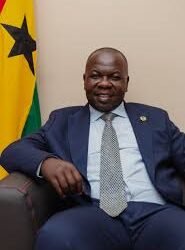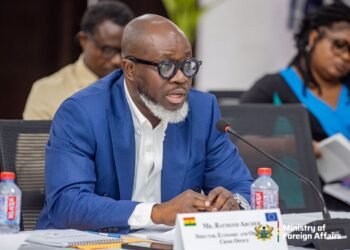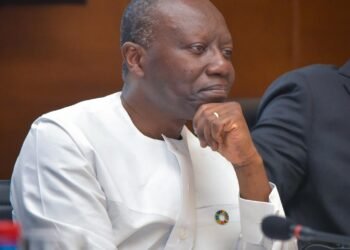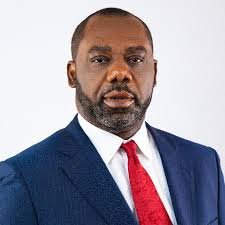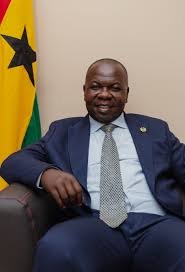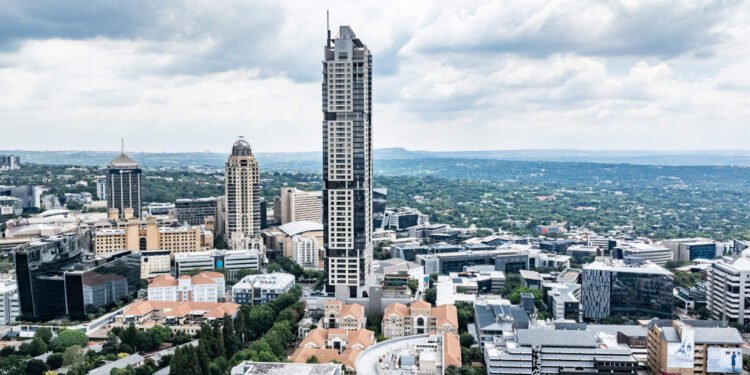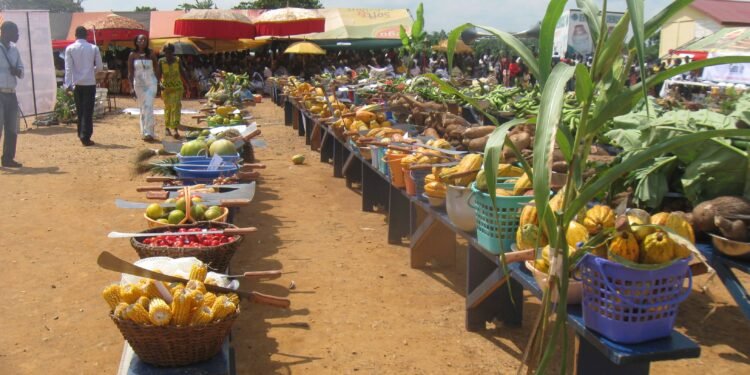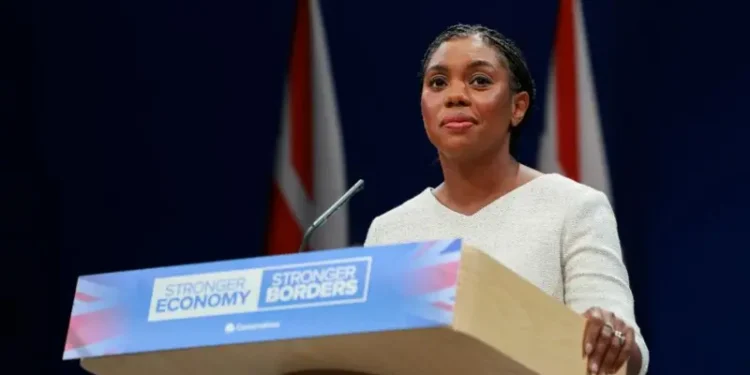The push to revive Ghana’s national airline has once again taken center stage in the country’s political and economic conversation.
Joyce Bawah Mogtari, Presidential Advisor and Special Aide to President John Dramani Mahama, has expressed strong support for the initiative, declaring that Ghana urgently needs its own carrier to secure a competitive advantage in the global aviation landscape.
According to Mogtari, Ghana’s central location in West Africa presents a natural opportunity for the country to emerge as a regional hub for commerce, tourism, investment, and job creation.
However, she lamented that the absence of a reliable national airline has severely limited Ghana’s ability to tap into rising international air traffic and economic prospects.
“Since the official liquidation of Ghana’s national carrier, successive governments have made numerous attempts to revive the country’s airline industry.”
Joyce Bawah Mogtari
She pointed out that despite recurring discussions and policy efforts, none have achieved long-term success.
Mogtari emphasized that President Mahama’s administration is taking a concrete step toward fulfilling a longstanding national goal.
“During the 2024 campaign, President John Dramani Mahama made a firm commitment to reestablish Ghana’s National Airline, which is an essential step toward restoring national pride and boosting our economic potential.”
Joyce Bawah Mogtari
Staying true to this pledge, President Mahama has launched a 10-member Task Force to spearhead the implementation of this aviation ambition.
However, the road to reestablishing a national airline is not without its challenges. Mogtari acknowledged that the proposal has stirred debate across various sectors.
The key point of divergence lies in the structure of ownership and management. While some advocate for complete government ownership, others suggest a public-private partnership model.

In particular, there is growing interest in collaborating with an established international airline that can share operational experience while promoting Ghana’s national identity.
This renewed debate, Mogtari noted, mirrors a deeper national question: What does Ghana stand to gain from owning its own airline? From her perspective, the benefits are both practical and symbolic.
She argued that a homegrown airline would significantly improve direct air connectivity between Accra and key cities around the world.
This improvement, she said, would make Ghana a more appealing destination for tourists, business travelers, and investors.
Furthermore, it would make travel more affordable and efficient for Ghanaians and visitors alike.
National Airline Touted As Economic Catalyst
In addition to improving transportation, a national carrier could generate significant economic benefits.
Joyce Bawah Mogtari highlighted its potential to spur job creation, enhance skill development, and drive innovation within the aviation sector.

She noted that these advantages would likely extend to interconnected industries like hospitality, logistics, and aircraft maintenance, helping to build a wider network of economic growth.
“Importantly, a well-governed and professionally managed national carrier would be a symbol of national ambition and pride and reflect Ghana’s pursuit of growth, self-reliance, and global integration.”
Joyce Bawah Mogtari
In this regard, she emphasized the need to learn from previous failures. Transparency, strong regulatory oversight, and a clear, results-driven business model must be non-negotiable if the country is to avoid past pitfalls.
She expressed optimism that Ghana can now take a more disciplined and visionary approach to airline ownership.
“By learning from past mistakes and implementing a sound business model with strong regulatory oversight, we can build a sustainable, homegrown airline that contributes meaningfully to our development agenda – the Ghana we want!”
Joyce Bawah Mogtari
Mogtari believes that Ghana stands at a crucial crossroads—a moment that demands bold decisions and forward-thinking leadership.
Although earlier efforts to establish a national airline have not yielded lasting results, she sees the present circumstances as distinctly favorable for turning long-held aspirations into tangible outcomes.
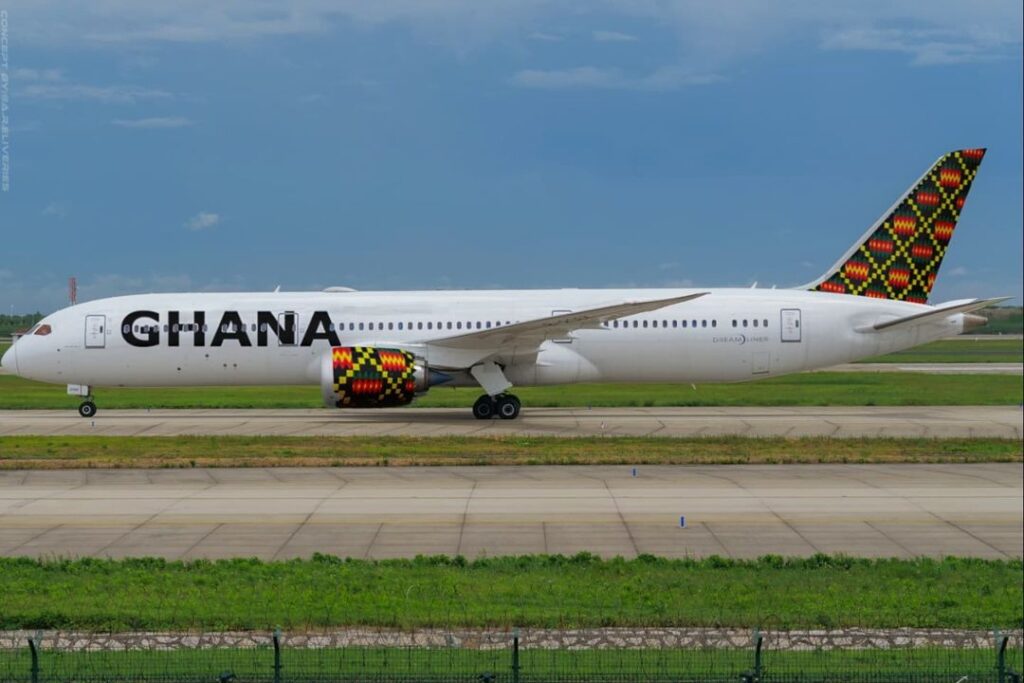
With increasing demand for regional connectivity, growing investor interest, and a renewed focus on national development, the conditions appear ripe for meaningful progress.
She emphasized that reviving the national airline must no longer remain an unfulfilled ambition or a recurring campaign promise.
Instead, it should be treated as a strategic imperative—one that requires unwavering political commitment, institutional discipline, and a clear, actionable roadmap.
In her view, the time to revisit the idea has passed; the focus now must be on executing it with purpose and precision to meet the needs of a modern and globally connected Ghana.
As the Task Force embarks on its mission, stakeholders across the country will be watching closely.
Whether Ghana chooses a fully state-owned path or opts for a partnership with global aviation players, the outcome will serve as a litmus test for the nation’s ability to balance ambition with sustainability—and pride with pragmatism.
READ ALSO: MTN Ghana Leads Massive GSE Trade with Over 12 Million Shares Traded




